A glimpse of sunshine
Written by H, Posted in Christian Living, Published Work
Even though the outlook appears bleak, the goodness of the Lord can still be seen in the land of the living.

“Every man did that which was right in his own eyes,” (Judges 17:6, 21:25). The book of Judges depicts a bleak and black history of Israel, one where man was doing what man wanted, where truth was twisted to suit selfish inclinations, and where God was not forgotten, but purposefully rebelled against. It sounds eerily similar to our present situation.
But God, in His tender mercy and grace, was still very much present among the profanity happening in Israel, just as He is today. Within the book of Judges we see reminders of this, that though man may seem to rule for a season, the Lord is the ultimate judge (11:27). Even though the outlook appears bleak, the goodness of the Lord can still be seen in the land of the living.
There can still be peace within us
Take Ruth, for example. Tucked away within the times of the judges of Israel, Ruth’s history serves as a reminder that though there may be unrest in the world, there can still be peace within us, and there are always glimmers of God’s grace around us. Alexander MacLaren wrote that “no times are so wild but that in them are quiet corners, green oases, all the greener for their surroundings, where life glides on in peaceful isolation from the tumult.”
Although days are dark and times are tumultuous, like Ruth, we can be beacons of light to those around us. Ruth was a Moabitess, the Moabites of which were enemies of Israel and certainly not godly by any stretch of the imagination. And yet we see in history that Ruth is an ancestor of Christ, a prominent member of His lineage. Thank God for His grace! Our past does not determine our future. When we know God, He works all things together for good (Romans 8:28). Rather than being preoccupied by our past, in Christ we can move forward and face the future with fearlessness.
Stand firm and resolute
Nowhere do we read that Ruth was afraid of what the people of Bethlehem would think of her or say about her. Rather, the Bible tells us of Ruth’s unwavering loyalty. “Where you go I will go, and where you stay I will stay. Your people will be my people and your God my God. Where you die I will die, and there I will be buried. May the LORD deal with me, be it ever so severely, if even death separates you and me.” (Ruth 1:16-17). Even in the face of opposition, Ruth stood firm and resolute. Do we stand firm and resolute, even though noise comes at us from every side and current events contradict what is true and right? Is our loyalty to God unwavering?
“Even in the face of opposition, Ruth stood firm and resolute.”
Hope Reflected
Ruth showed a quiet strength, and lived with humility. She worked cheerfully, gleaning in the fields. The big picture didn’t need to be revealed to her in order for her to be diligent and faithful in the little things. God is the Painter and our life is the picture. As Ruth’s testimony is a glimpse of sunshine in an otherwise stormy sky, may others see His light through us in dark times.




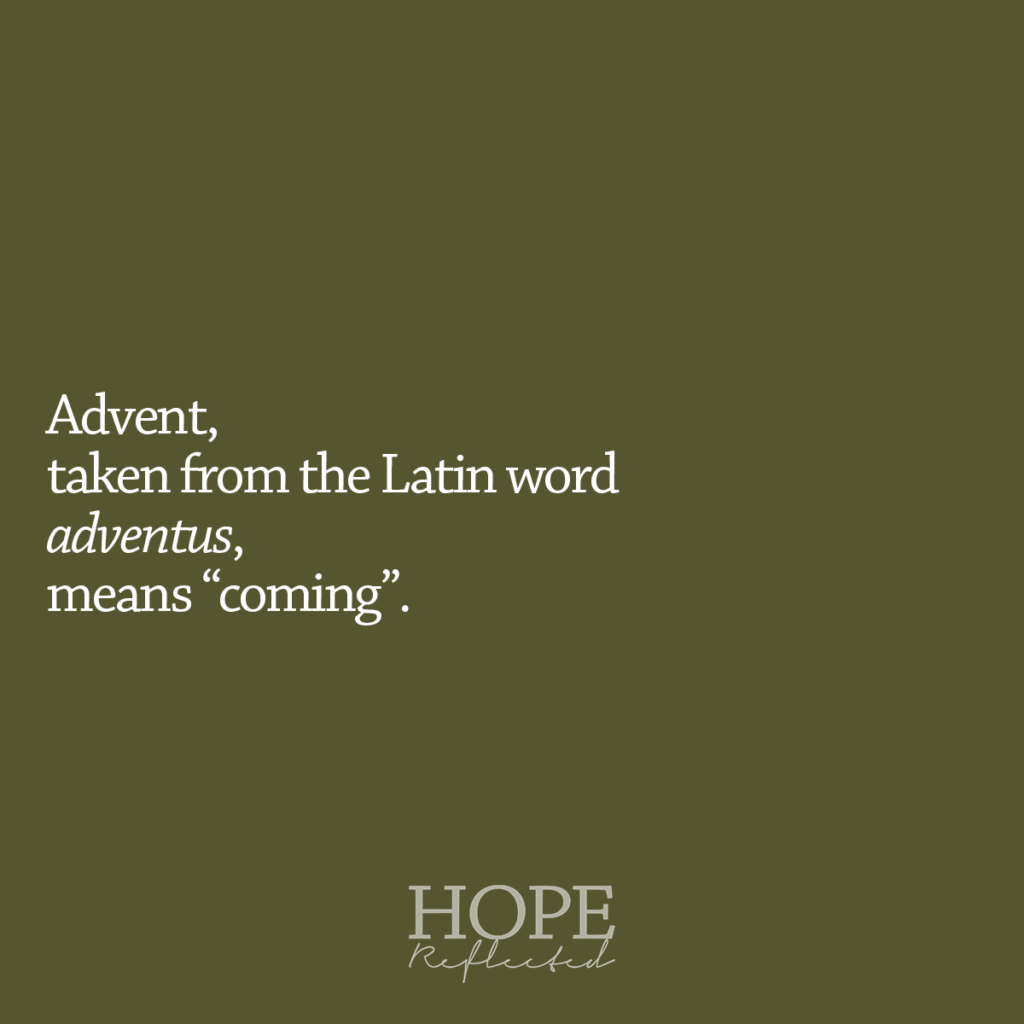


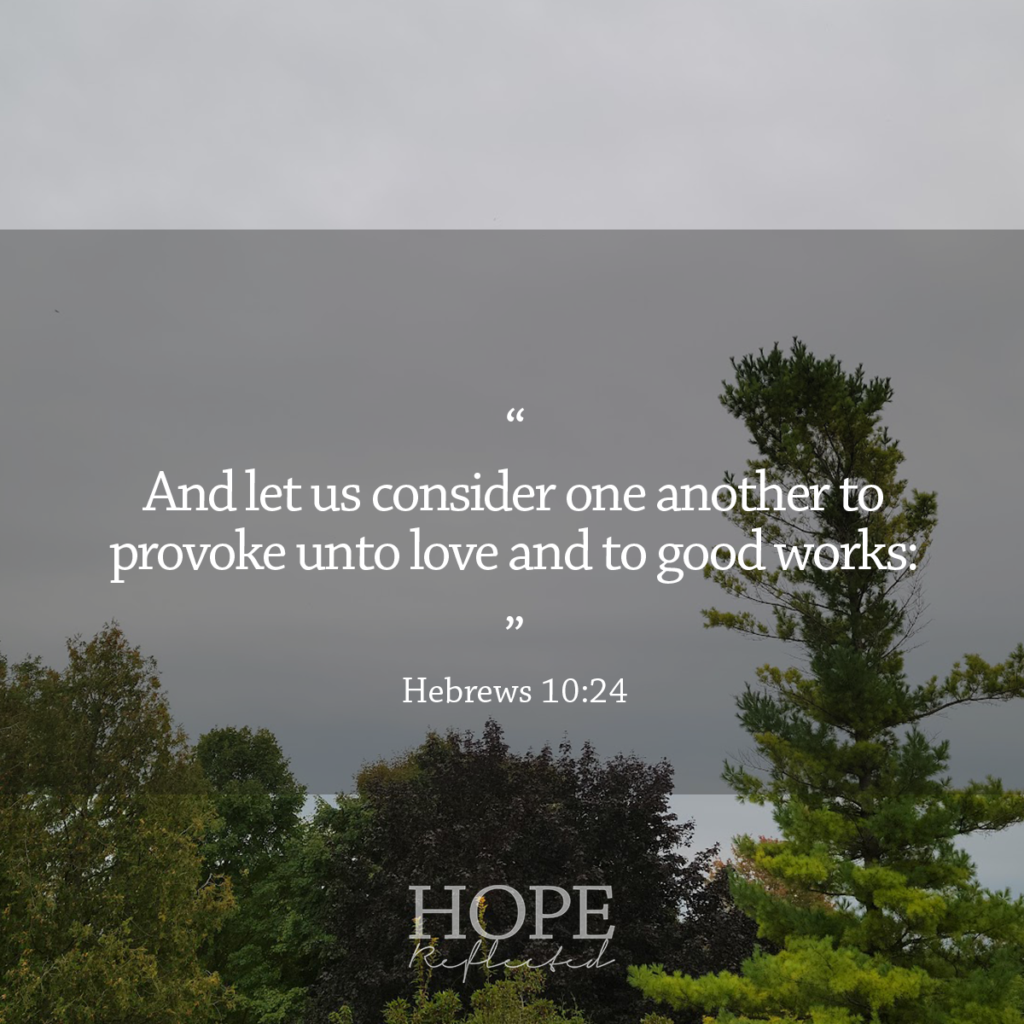
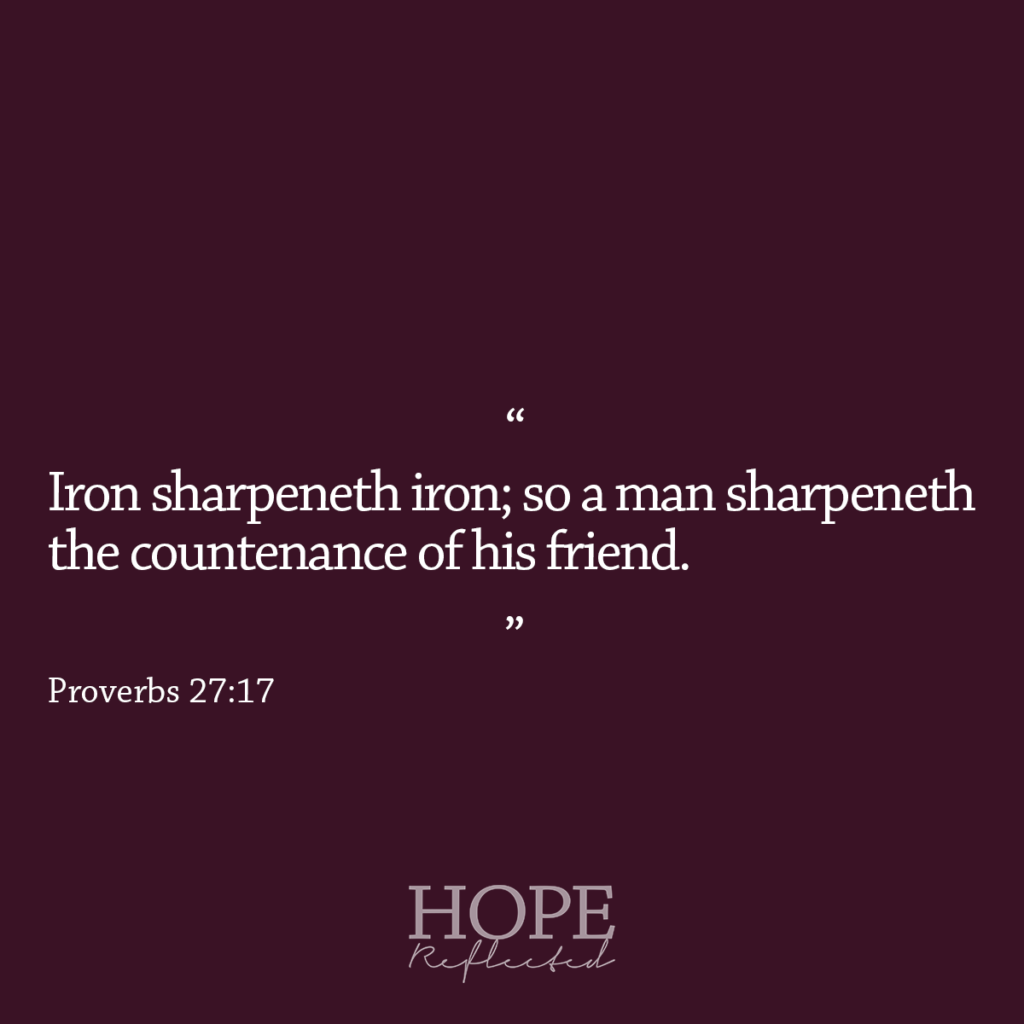

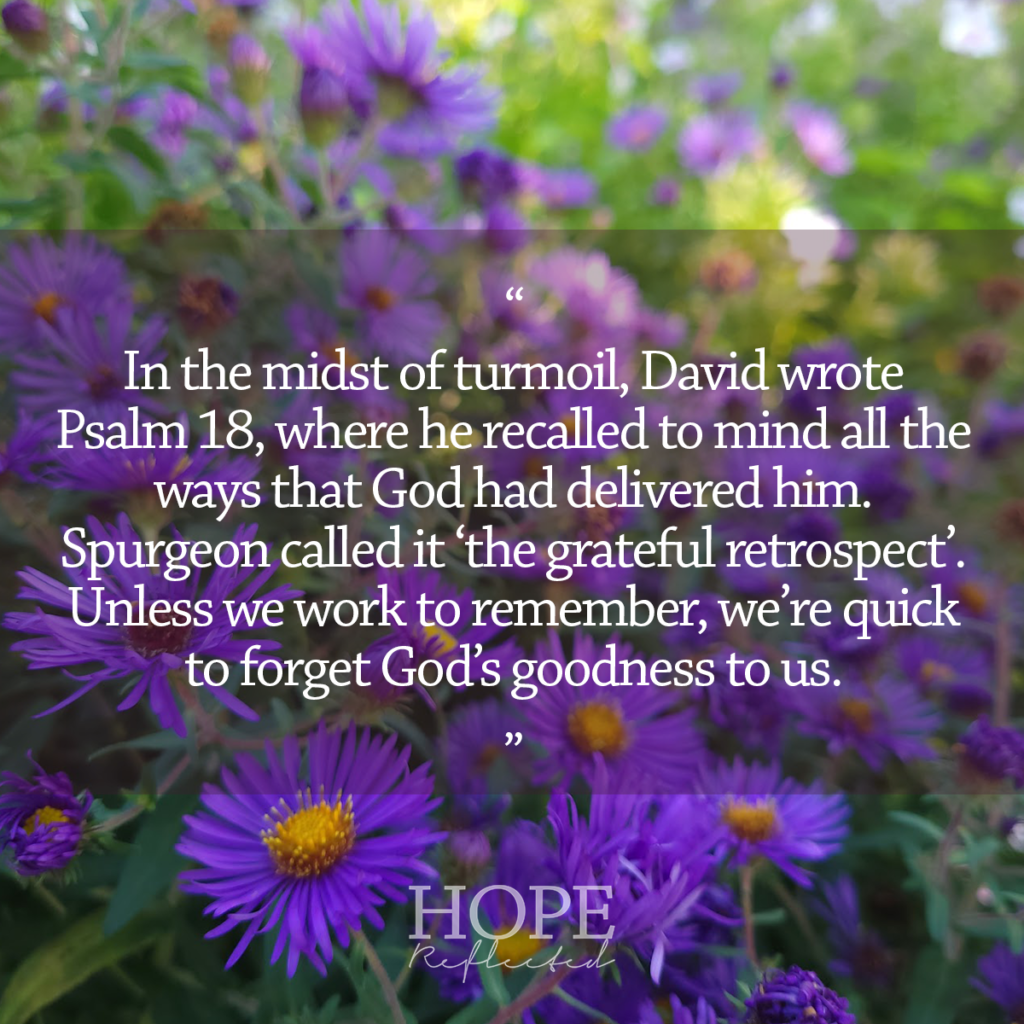
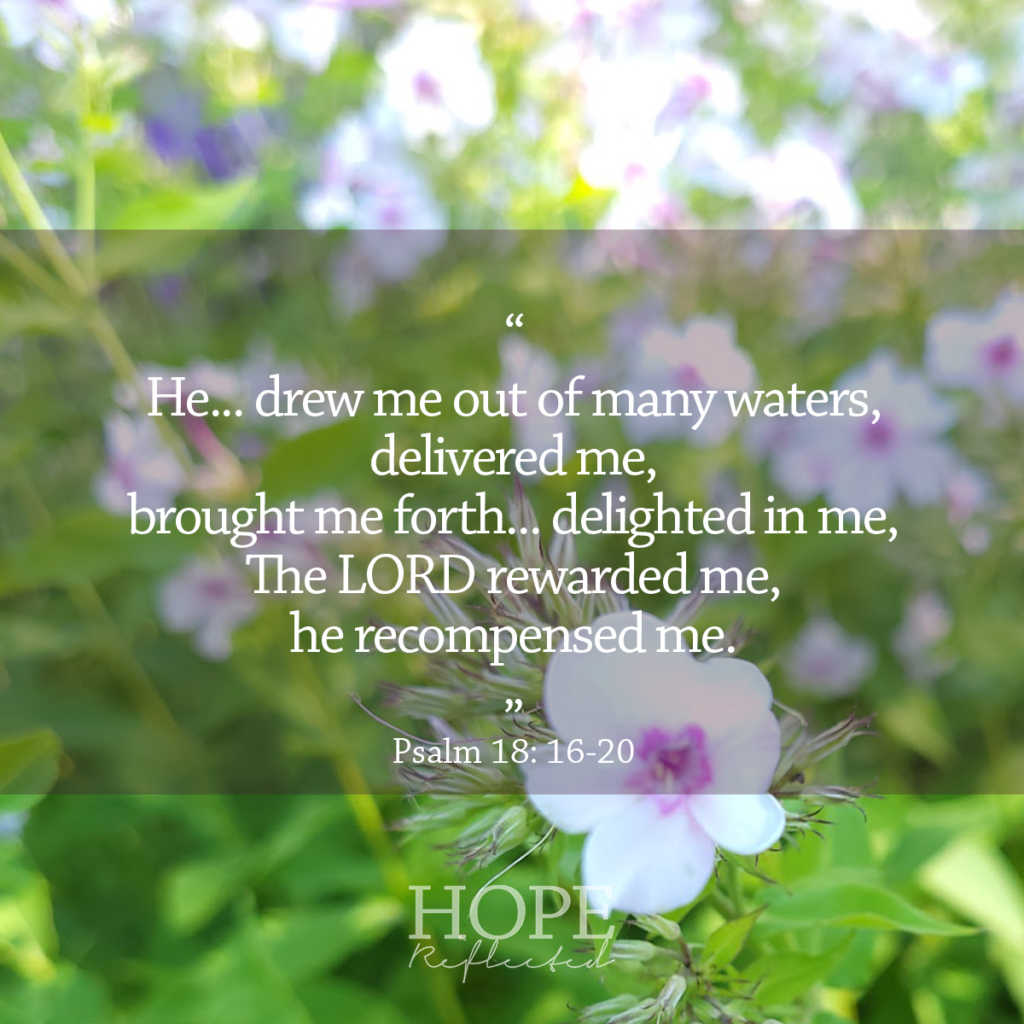



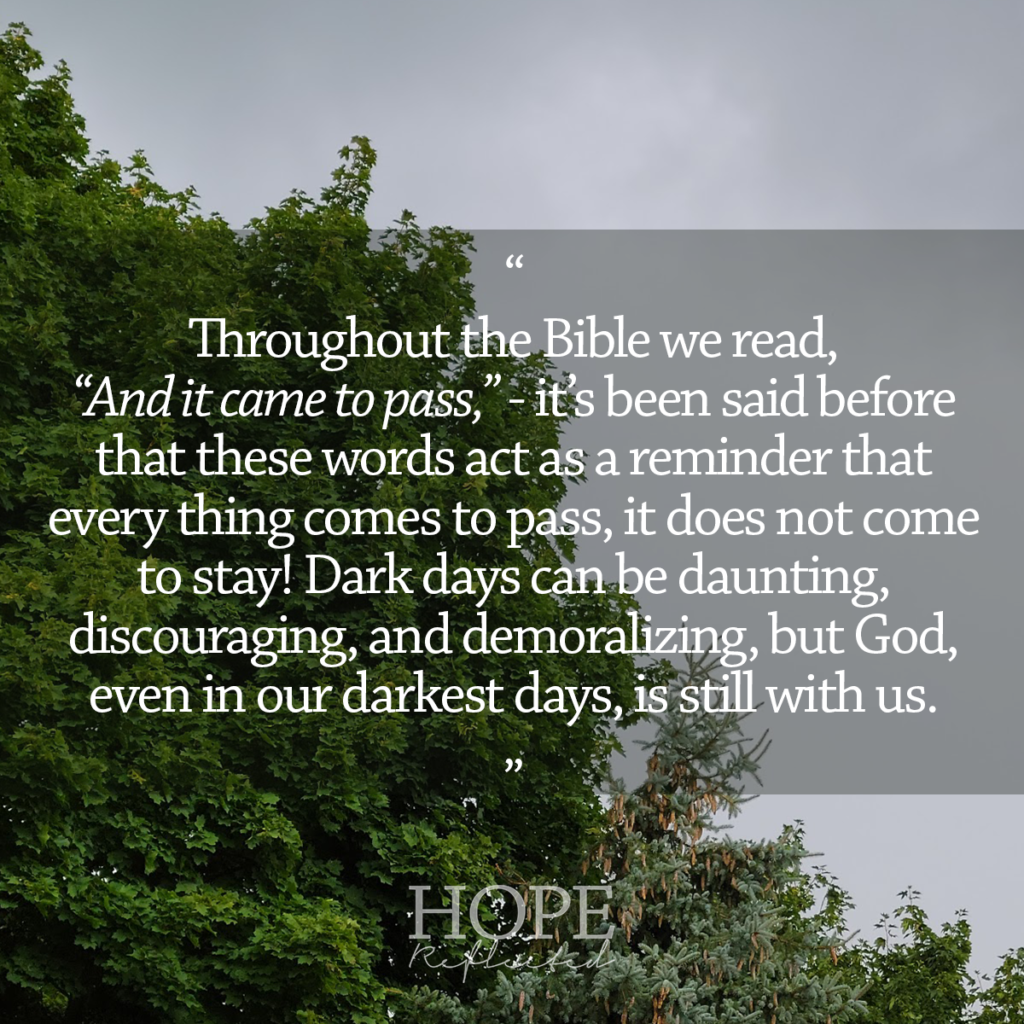
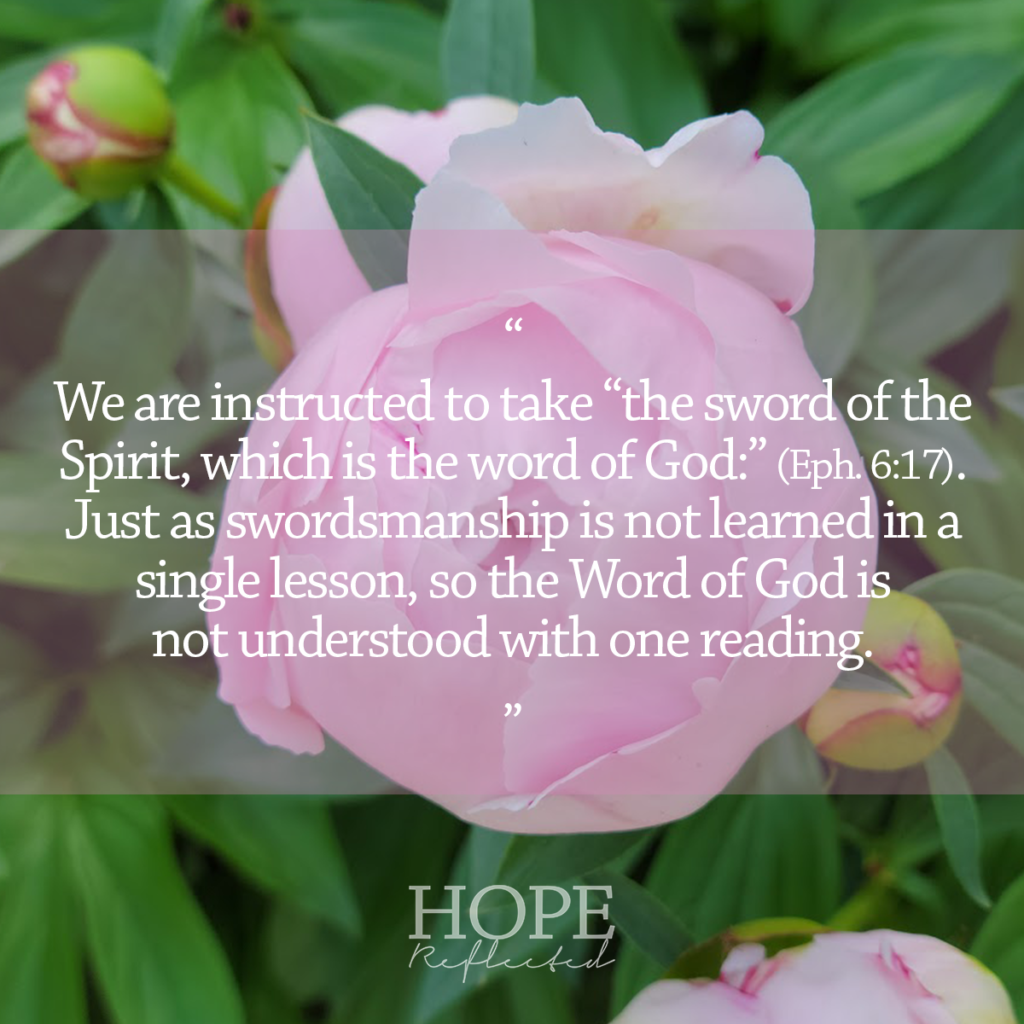
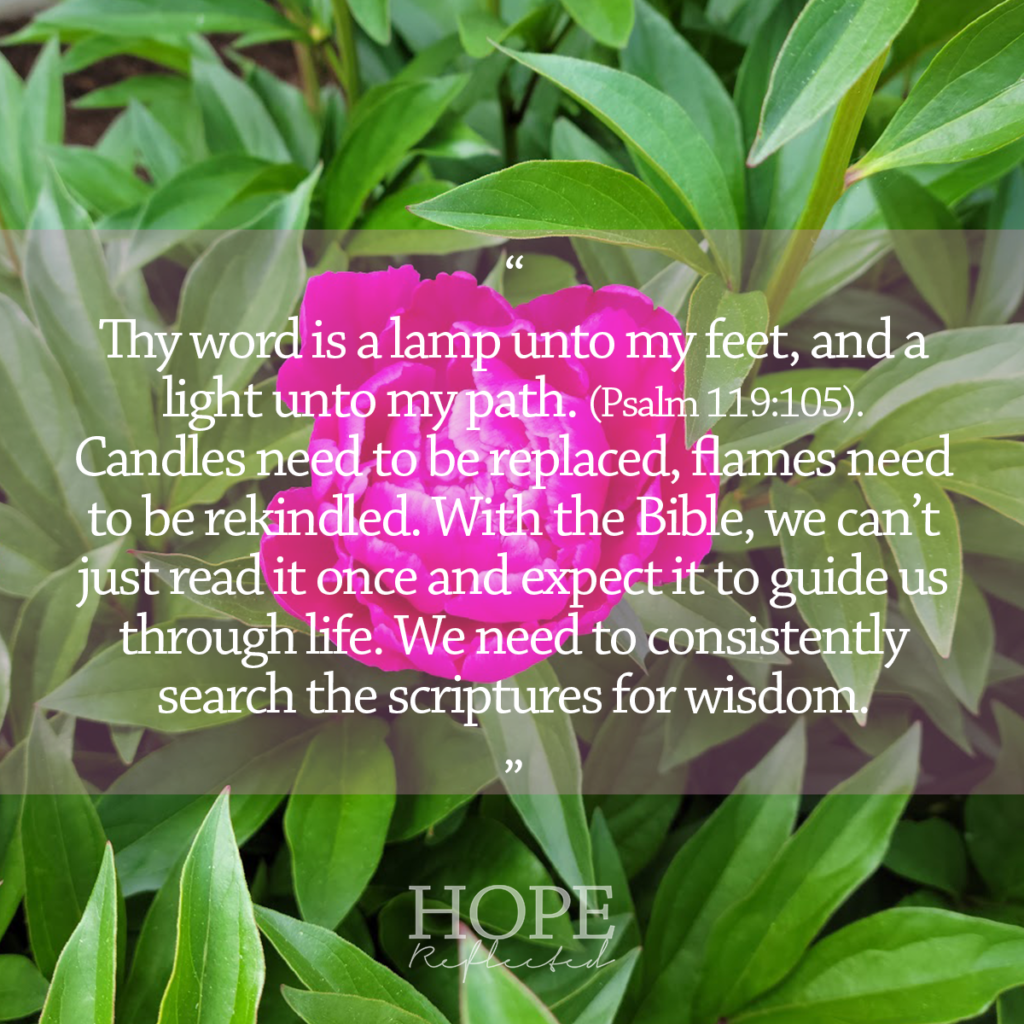
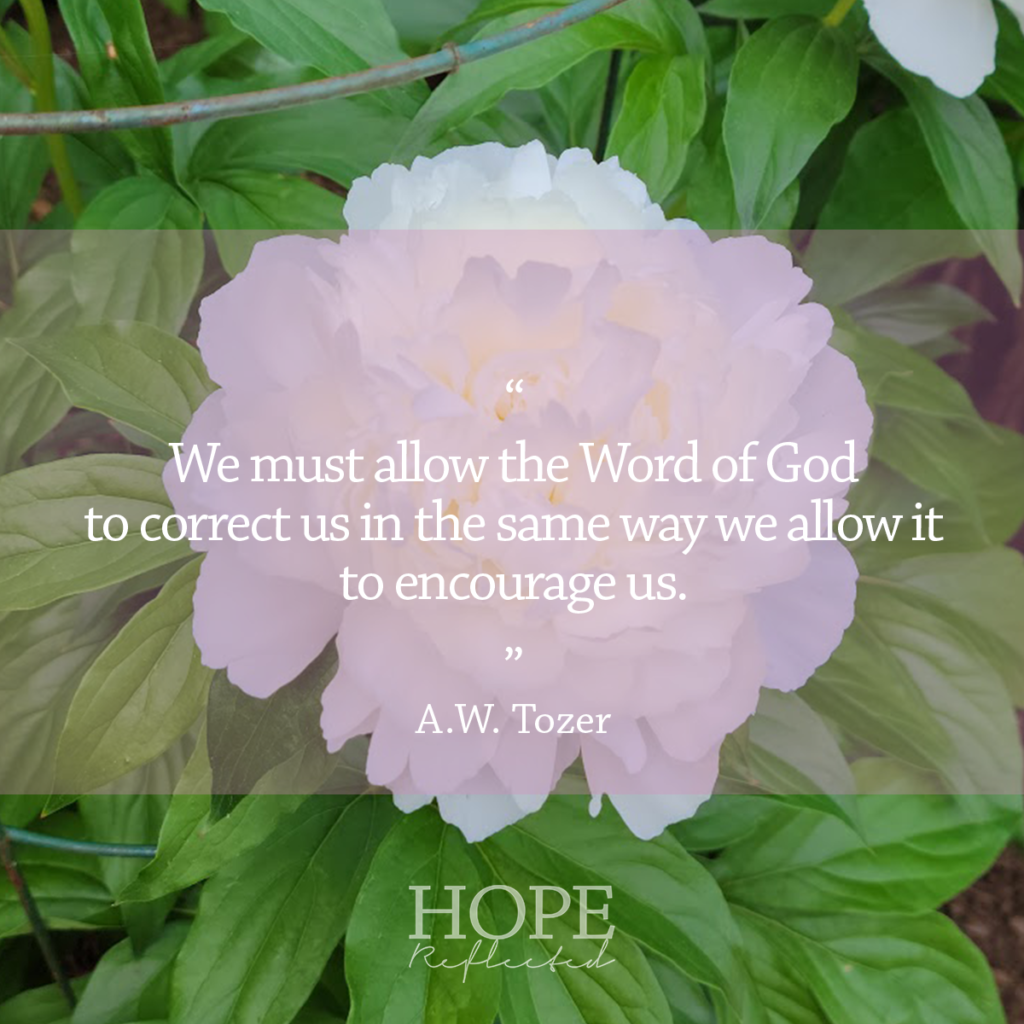
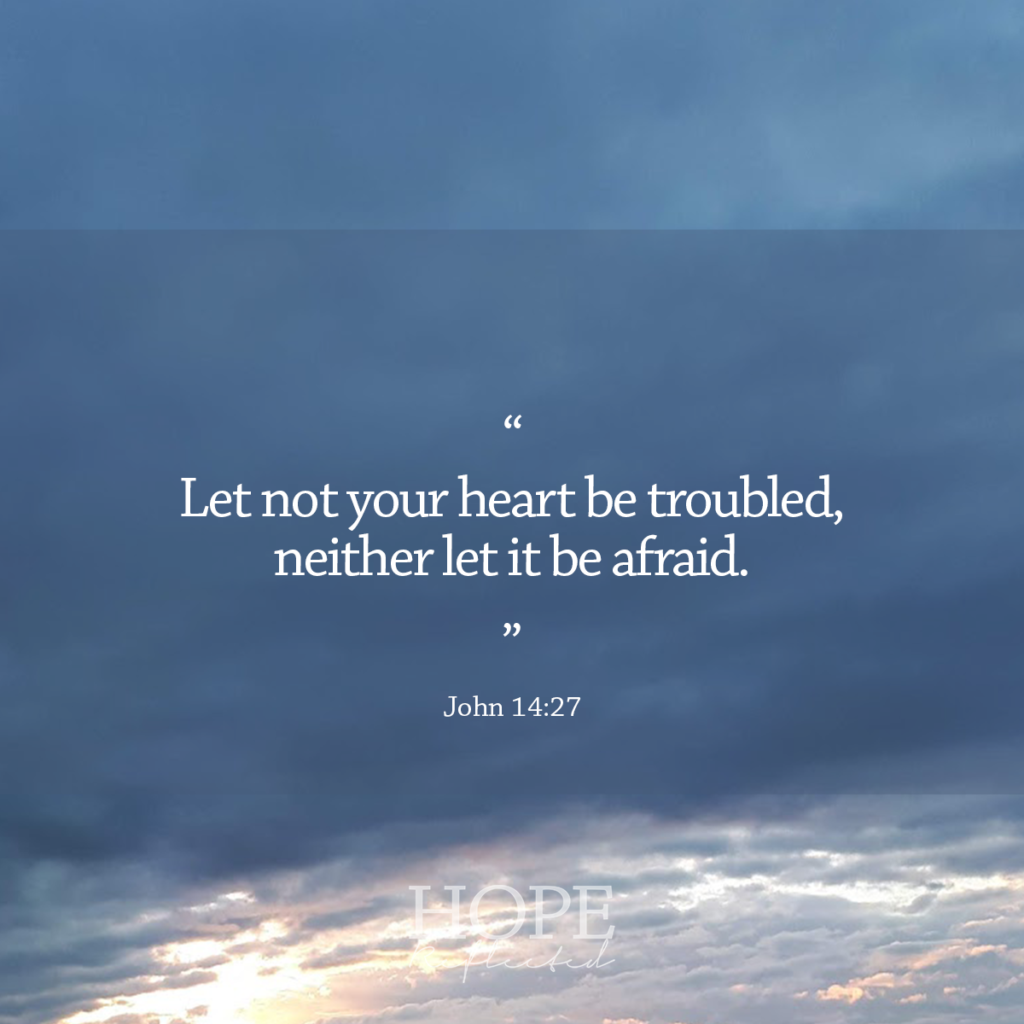

![Matthew Henry wrote of these verses that "Now his patience is waiting on us, his word is calling to us, and his Spirit striving with us. Let us now improve our advantages and opportunities; for now is the accepted time."
Seeking after Christ will not always be easy, nor will it always be convenient, but it is the right thing to do.
.
.
.
You can read more of "Seeking after Christ" on hopereflected.com [link in bio]
.
.
.
#seekingJesus #SeekingChrist #pursuitofGod #church #Bible #hopereflected](https://www.hopereflected.com/wp-content/plugins/instagram-feed/img/placeholder.png)